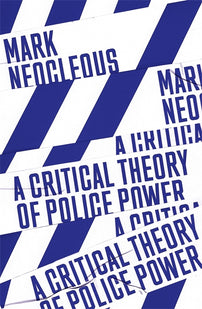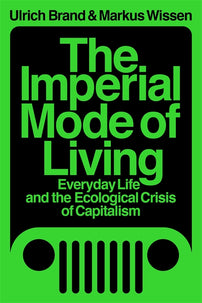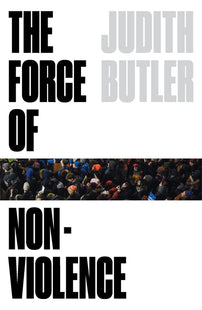Verso Book Club: January and February picks
Receive ALL of our new ebooks every month as well as one or more new books in the mail. Now at a discount of 50% to celebrate Verso’s 50th year, all subscribers will also get 50% off ALL of our books.

Join the Verso Book Club and get every new ebook that we publish, as well as one or more new books in the mail if you choose a print subscription. All Book Club members will also get 50% off everything on our website, for as long as you are a subscriber. To celebrate the recent launch of our book club, each member tier is 50% off for the first three months of your subscription.
You can choose between three options: the Verso Reader digital subscription, Verso Subscriber for print and digital, and Verso Comrade to receive even more books in the mail (including one new work of politics or theory every month, as well as the occasional classic from Verso’s backlist). Learn more about the different member options here.
Every month we’ll offer a carefully curated selection of our best new titles, across a wide range of topics and subject areas, to bring you books that everyone at Verso regards as essential reading. In mid-January, we’ll email all members with more details about the February book club selections—including a letter from the editor—so that you can choose which one you want to receive, any time before the end of the month.
JANUARY Book Club Selection
Verso Subscribers and Verso Comrades can choose their Book Club mailing from these two titles:
 How to Blow Up a Pipeline: Learning to Fight in a World on Fire by Andreas Malm. In this lyrical manifesto, noted climate scholar (and saboteur of SUV tires and coal mines) Andreas Malm makes an impassioned call for the climate movement to escalate its tactics in the face of ecological collapse. We need, he argues, to force fossil fuel extraction to stop—with our actions, with our bodies, and by defusing and destroying its tools. We need, in short, to start blowing up some oil pipelines.
How to Blow Up a Pipeline: Learning to Fight in a World on Fire by Andreas Malm. In this lyrical manifesto, noted climate scholar (and saboteur of SUV tires and coal mines) Andreas Malm makes an impassioned call for the climate movement to escalate its tactics in the face of ecological collapse. We need, he argues, to force fossil fuel extraction to stop—with our actions, with our bodies, and by defusing and destroying its tools. We need, in short, to start blowing up some oil pipelines.
 The Care Crisis: What Caused It and How Can We End It? by Emma Dowling. In this groundbreaking book, Emma Dowling charts the multi-faceted nature of care in the modern world, from the mantras of self-care and what they tell us about our anxieties, to the state of the social care system. She examines the relations of power that play profitability and care off in against one another in a myriad of ways, exposing the devastating impact of financialisation and austerity.
The Care Crisis: What Caused It and How Can We End It? by Emma Dowling. In this groundbreaking book, Emma Dowling charts the multi-faceted nature of care in the modern world, from the mantras of self-care and what they tell us about our anxieties, to the state of the social care system. She examines the relations of power that play profitability and care off in against one another in a myriad of ways, exposing the devastating impact of financialisation and austerity.
Verso Comrades will also receive:
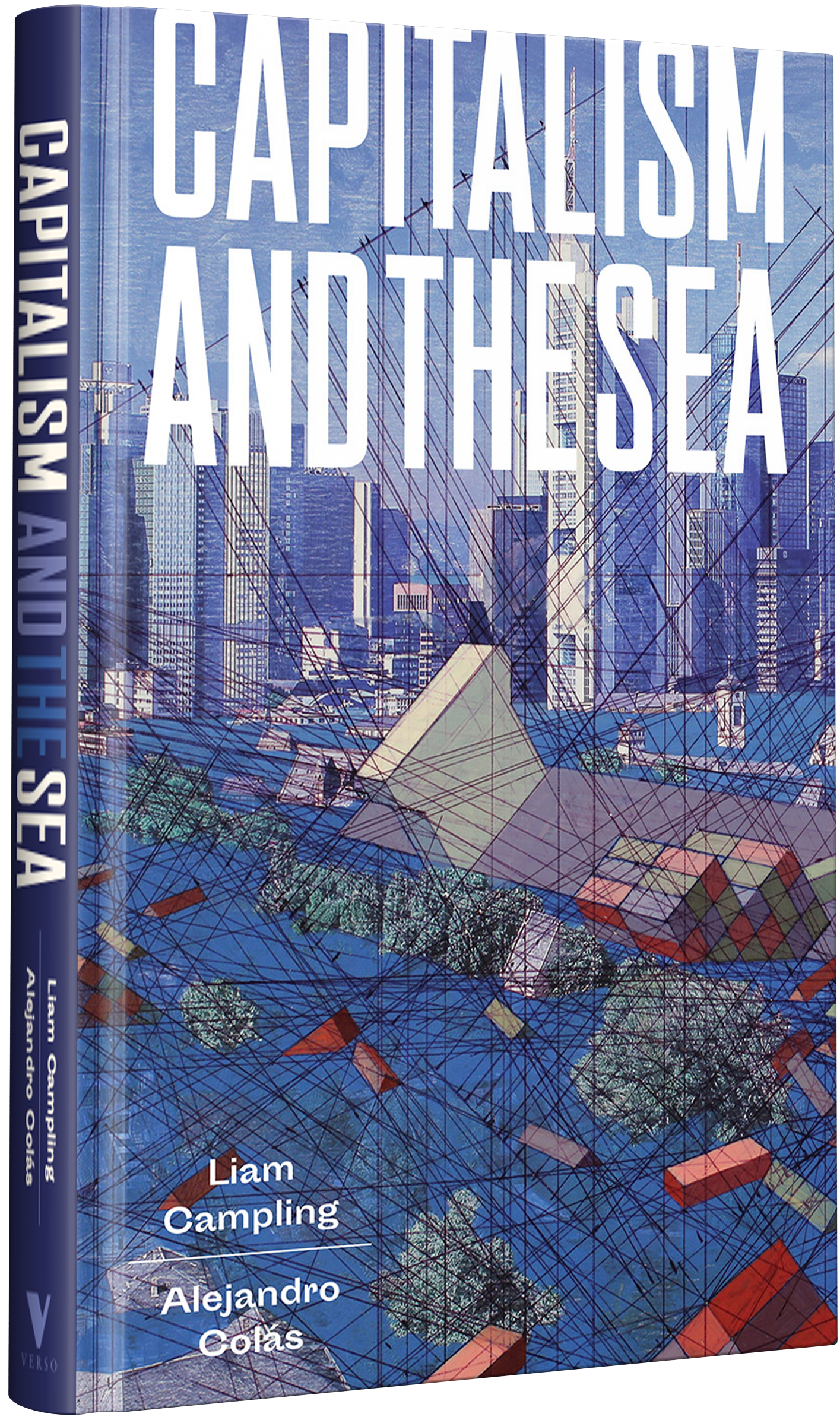 Capitalism and the Sea The Maritime Factor in the Making of the Modern World by Liam Campling and Alejandro Colás. The global ocean has through the centuries served as a trade route, strategic space, fish bank and supply chain for the modern capitalist economy. While sea beds are drilled for their fossil fuels and minerals, and coastlines developed for real estate and leisure, the oceans continue to absorb the toxic discharges of our carbon civilisation—warming, expanding, and acidifying the blue water part of the planet in ways that will bring unpredictable but irreversible consequences for the rest of the biosphere. In this bold and radical new book, Campling and Colás analyse these and other sea-related phenomena through a historical and geographical lens.
Capitalism and the Sea The Maritime Factor in the Making of the Modern World by Liam Campling and Alejandro Colás. The global ocean has through the centuries served as a trade route, strategic space, fish bank and supply chain for the modern capitalist economy. While sea beds are drilled for their fossil fuels and minerals, and coastlines developed for real estate and leisure, the oceans continue to absorb the toxic discharges of our carbon civilisation—warming, expanding, and acidifying the blue water part of the planet in ways that will bring unpredictable but irreversible consequences for the rest of the biosphere. In this bold and radical new book, Campling and Colás analyse these and other sea-related phenomena through a historical and geographical lens.
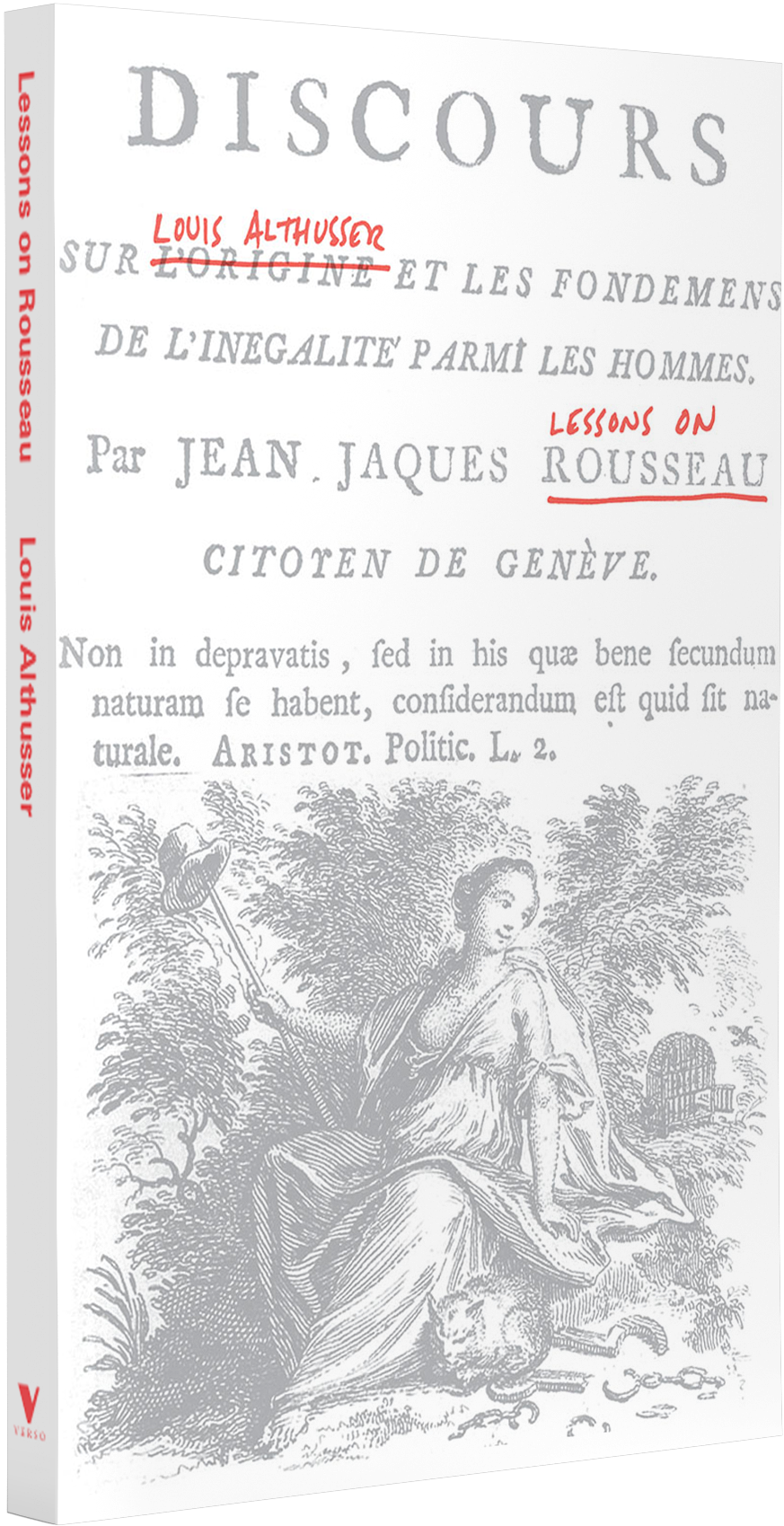 Lessons on Rousseau by Louis Althusser and translated by G. M. Goshgarian. Althusser delivered these lectures on Rousseau’s Discourse on the Origins of Inequality at the École normale supérieure in Paris in 1972. They are fascinating for two reasons. First, they gave rise to a new generation of Rousseau scholars, attentive not just to Rousseau’s ideas, but also to those of his concepts that were buried beneath metaphors or fictional situations and characters. Second, we are now discovering that the “late Althusser’s” theses about aleatory materialism and the need to break with the strict determinism of theories of history in order to devise a new philosophy “for Marx” were being worked out well before 1985 in this reading of Rousseau dating from twelve years earlier, which introduces into Rousseau’s text the ideas of the void, the accident, the take, and the necessity of contingency.
Lessons on Rousseau by Louis Althusser and translated by G. M. Goshgarian. Althusser delivered these lectures on Rousseau’s Discourse on the Origins of Inequality at the École normale supérieure in Paris in 1972. They are fascinating for two reasons. First, they gave rise to a new generation of Rousseau scholars, attentive not just to Rousseau’s ideas, but also to those of his concepts that were buried beneath metaphors or fictional situations and characters. Second, we are now discovering that the “late Althusser’s” theses about aleatory materialism and the need to break with the strict determinism of theories of history in order to devise a new philosophy “for Marx” were being worked out well before 1985 in this reading of Rousseau dating from twelve years earlier, which introduces into Rousseau’s text the ideas of the void, the accident, the take, and the necessity of contingency.
All Book Club members will also receive these new ebooks:
[book-strip index="1" style="display"]
SIGN UP TO THE VERSO BOOK CLUB HERE.
Learn more about the Verso Book Club—including more detailed information on all the membership tiers. Confused or have any questions? We hope our FAQs will help, but you can also email us at bookclub@versobooks.com—we would love to get your feedback!
FEBRUARY Book Club Selection
Verso Subscribers and Verso Comrades can choose their Book Club mailing from these two titles:
 Breaking Things at Work: The Luddites Are Right About Why You Hate Your Job by Gavin Mueller. Breaking Things at Work is an innovative rethinking of labour and machines, leaping from textile mills to algorithms, from existentially threatened knife cutters of rural Germany to surveillance-evading truckers driving across the continental United States. Mueller argues that the future stability and empowerment of working-class movements will depend on subverting these technologies and preventing their spread wherever possible.
Breaking Things at Work: The Luddites Are Right About Why You Hate Your Job by Gavin Mueller. Breaking Things at Work is an innovative rethinking of labour and machines, leaping from textile mills to algorithms, from existentially threatened knife cutters of rural Germany to surveillance-evading truckers driving across the continental United States. Mueller argues that the future stability and empowerment of working-class movements will depend on subverting these technologies and preventing their spread wherever possible.
 Tomorrow They Won’t Dare to Murder Us: A Novel by Joseph Andras and translated from French by Simon Leser. A young revolutionary plants a bomb in a factory on the outskirts of Algiers during the Algerian War. The bomb is timed to explode after work hours, so no one will be hurt. But the authorities have been watching. He is caught, the bomb is defused, and he is tortured, tried in a day and sentenced to death by guillotine. A routine event, perhaps, in a brutal conflict that ended the lives of more than a million Muslim Algerians.
Tomorrow They Won’t Dare to Murder Us: A Novel by Joseph Andras and translated from French by Simon Leser. A young revolutionary plants a bomb in a factory on the outskirts of Algiers during the Algerian War. The bomb is timed to explode after work hours, so no one will be hurt. But the authorities have been watching. He is caught, the bomb is defused, and he is tortured, tried in a day and sentenced to death by guillotine. A routine event, perhaps, in a brutal conflict that ended the lives of more than a million Muslim Algerians.
Verso Comrades will also receive:
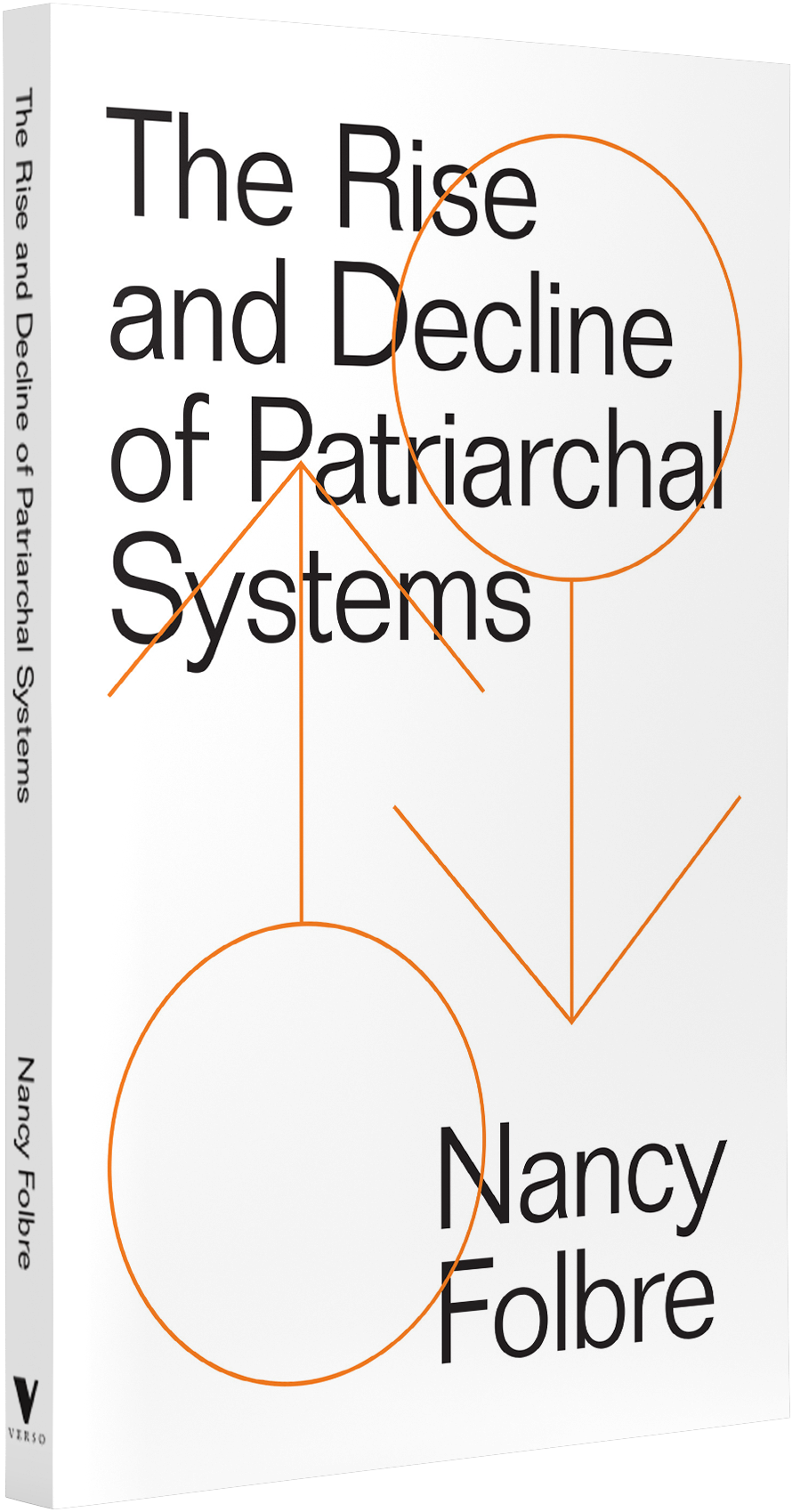 The Rise and Decline of Patriarchal Systems: An Intersectional Political Economy by Nancy Folbre examines why care work is generally unrewarded in a market economy, calling attention to the non-market processes of childbearing, childrearing and the care of other dependents, the inheritance of assets, and the use of force and violence to appropriate both physical and human resources. Exploring intersecting inequalities based on class, gender, age, race/ethnicity, and citizenship, and their implications for political coalitions, it sets a new feminist agenda for the twenty-first century
The Rise and Decline of Patriarchal Systems: An Intersectional Political Economy by Nancy Folbre examines why care work is generally unrewarded in a market economy, calling attention to the non-market processes of childbearing, childrearing and the care of other dependents, the inheritance of assets, and the use of force and violence to appropriate both physical and human resources. Exploring intersecting inequalities based on class, gender, age, race/ethnicity, and citizenship, and their implications for political coalitions, it sets a new feminist agenda for the twenty-first century
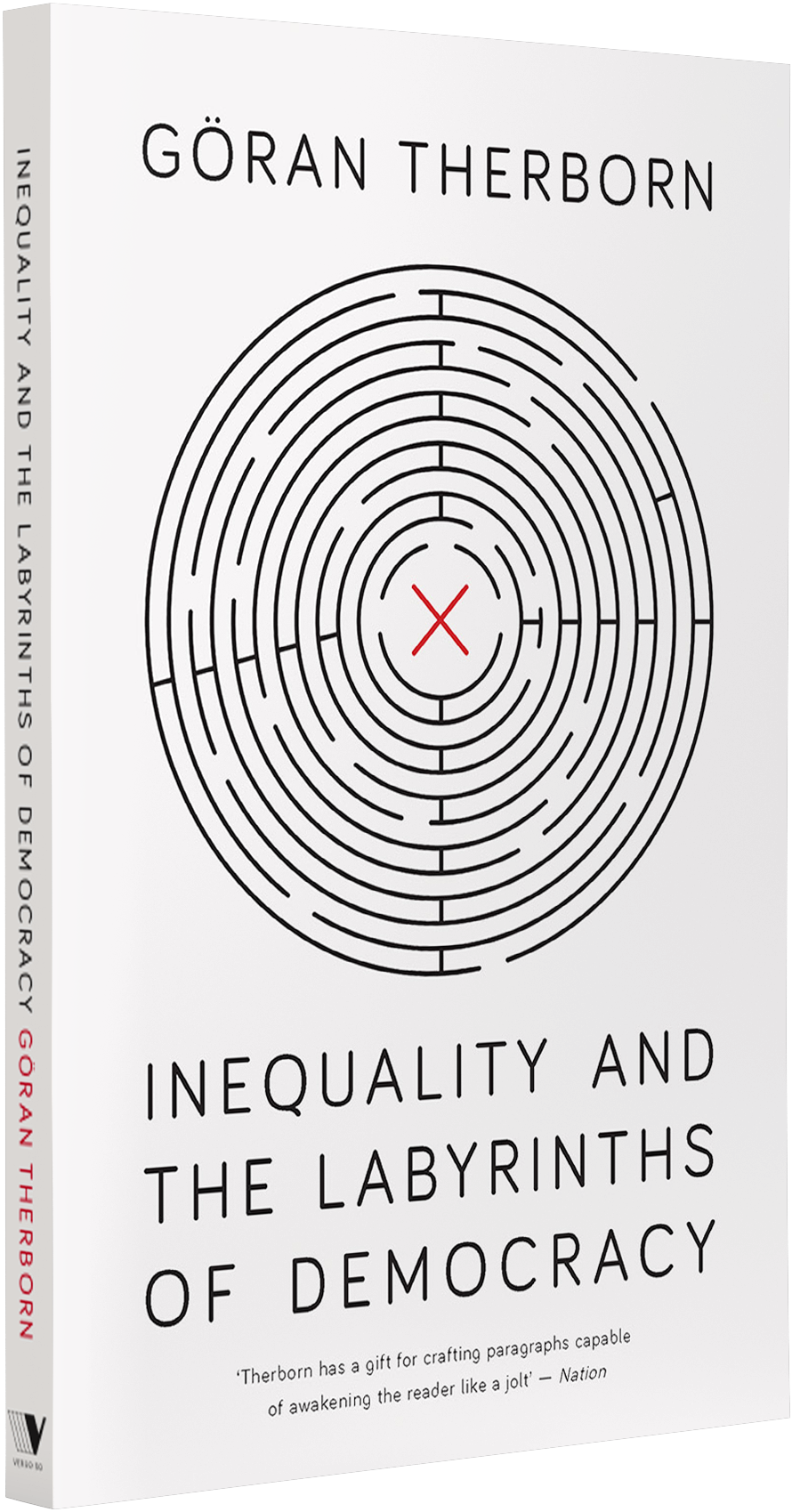 Inequality and the Labyrinths of Democracy by Göran Therborn. Classical liberalism regarded universal suffrage as a mortal threat to property. So what explains the advent of liberal democracy, and how stable today is the marriage between representative government and the continued rule of capital? How has democracy been transformed from a popular demand for social justice into a professional power game? To dispel our worsening political malaise, Göran Therborn argues, requires a ‘disruptive democracy’ of radical social movements such as the climate strike. Inequality and the Labyrinths of Democracy opens with a major new essay mapping the social fractures of the present era.
Inequality and the Labyrinths of Democracy by Göran Therborn. Classical liberalism regarded universal suffrage as a mortal threat to property. So what explains the advent of liberal democracy, and how stable today is the marriage between representative government and the continued rule of capital? How has democracy been transformed from a popular demand for social justice into a professional power game? To dispel our worsening political malaise, Göran Therborn argues, requires a ‘disruptive democracy’ of radical social movements such as the climate strike. Inequality and the Labyrinths of Democracy opens with a major new essay mapping the social fractures of the present era.


